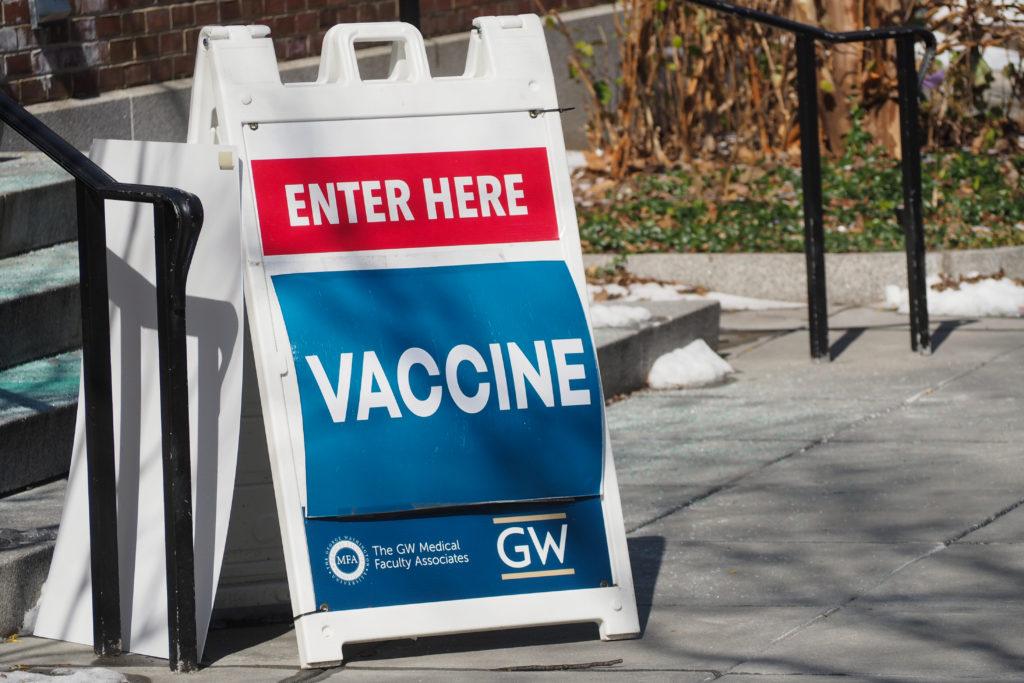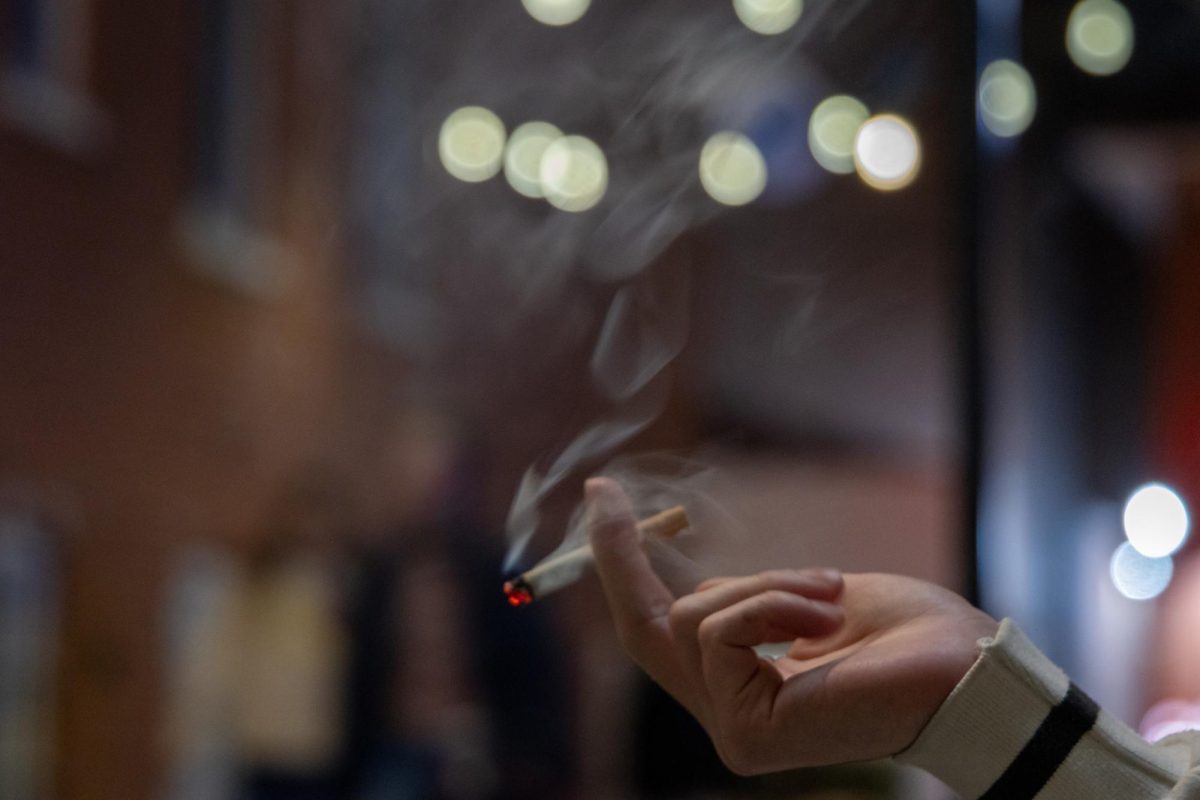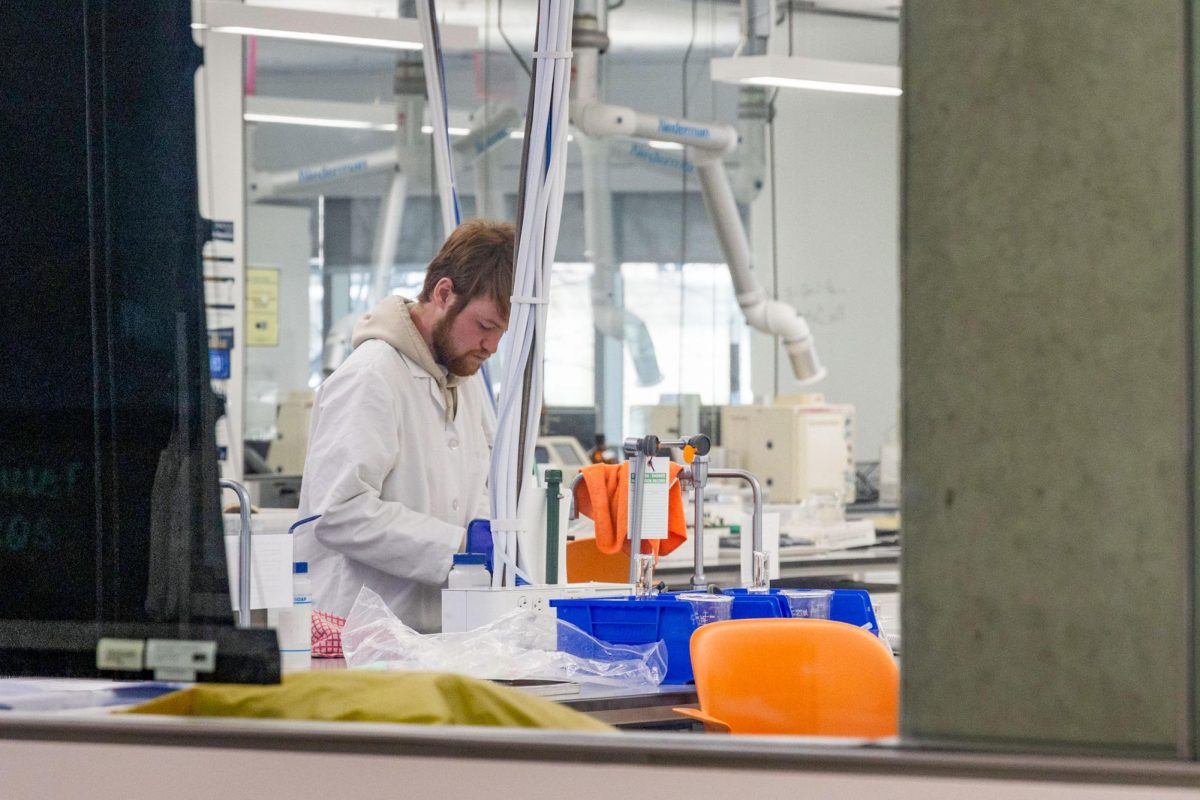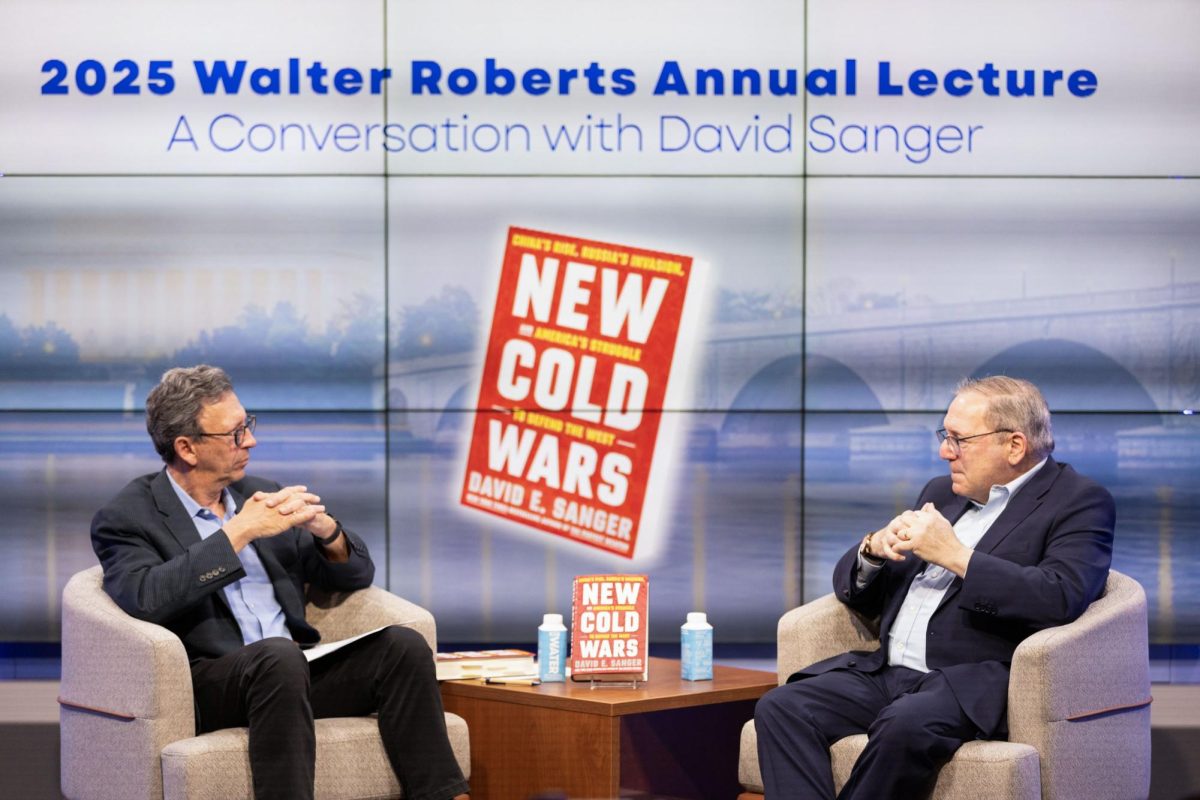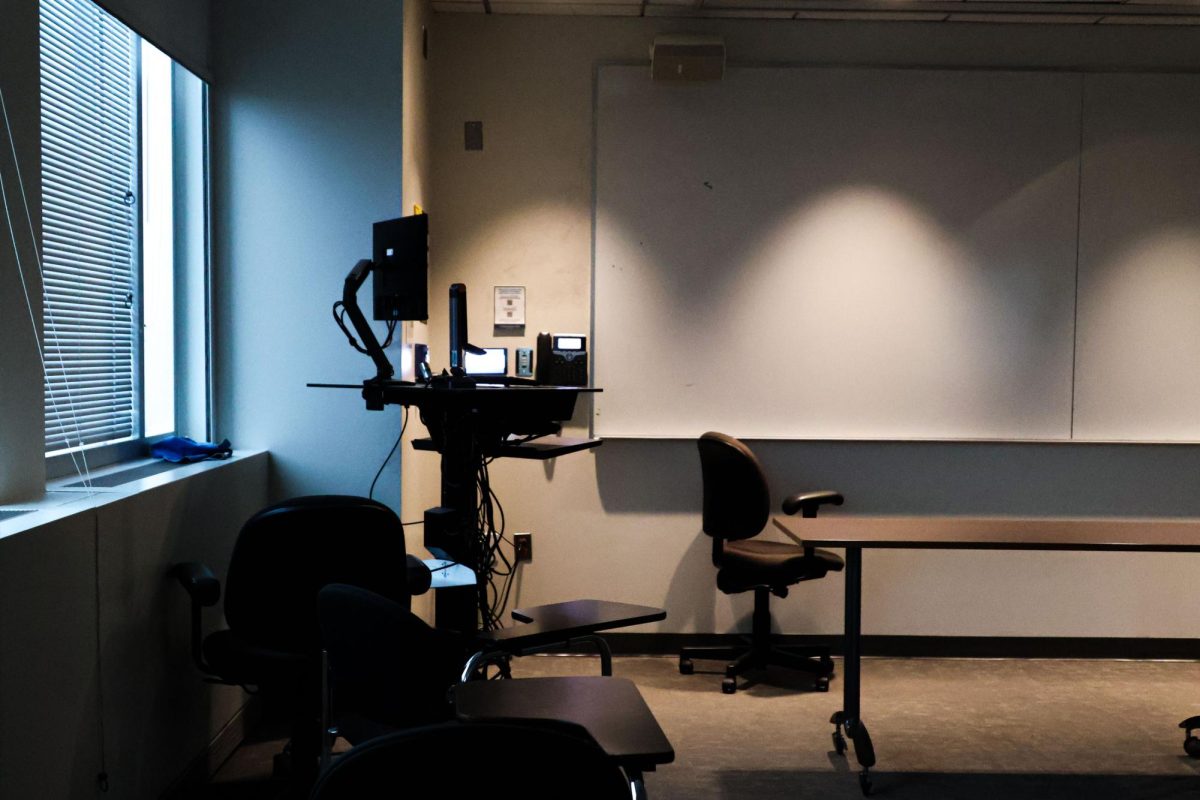Updated April 26, 2021 at 5:48 p.m.
Public health experts said they support GW’s decision to require COVID-19 vaccinations for those returning to campus this fall, stating the requirement could help prevent any future outbreaks on campus.
Officials said they will grant “limited exceptions” to the requirement for individuals with medical issues or religious reasons preventing them from receiving the vaccine, but everyone without an exemption must be fully vaccinated two weeks prior to returning to campus this fall. Public health experts said the vaccine requirement can strengthen public health on campus, but students said they could face logistical issues receiving doses before the fall semester.
Officials said the requirement places the University community one step closer to a full return to campus in the fall.
“We remain optimistic about the coming months, and we are excited to take more positive steps that prioritize health and safety as well as focus on flexibility and an engaging on-campus experience this fall,” the email announcing the vaccine requirement states.
More than 30 universities across the country have mandated the vaccine, including three of GW’s peer schools – Northeastern, Georgetown and Syracuse universities.
Public health experts said the vaccine requirement is crucial for limiting COVID-19 outbreaks on campus and establishing herd immunity once students return to campus in the fall.
John Swartzberg, a clinical professor emeritus at the University of California Berkeley’s School of Public Health, said a vaccine mandate not only improves GW’s herd immunity, but it will also enhance the health of the University’s surrounding community.
“Study after study have shown that when college campuses have an explosion of outbreaks, then what follows is an explosion in the community those colleges are in,” Swartzberg said. “So the virus doesn’t respect the fact that it’s just college students who stay within the campus.”
He said the mandate will lighten the financial burden on universities because schools won’t need to regularly test students for the coronavirus after everyone receives the vaccine.
“Most of the schools will be doing testing on a regular basis, while the students won’t have to do that if they’re vaccinated to save a lot of money,” Swartzberg said. “More importantly, it’ll save a lot of people getting infected, sick, some hospitalized and tragically there will be occasional deaths.”
Andrea Berry, an assistant professor of medicine at the University of Maryland, said college students should note the large quantity of COVID-19 outbreaks that have happened on campuses since the pandemic began. She said a vaccine mandate would establish campus herd immunity with between 90 to 100 percent coverage.
Berry said universities should develop messaging and campaigns targeted toward students with concerns about vaccination to increase trust in the vaccine and make students more comfortable with the requirement.
“Town halls and focus groups are really important to find out what the concerns are as well as developing a kind of marketing and messaging,” she said. “Having webinars inviting vaccine experts to speak to people about reasons for vaccine hesitancy or the science behind vaccines is also very crucial.”
Some students who travel internationally said the requirement could limit them to vaccines only approved in the United States, which they might struggle to receive in time before returning to campus.
Sophomore Ekaterina Shengeliya said she lives in Ukraine and supports the vaccine requirement, but she’s worried the slow vaccine rollout in Ukraine will delay her ability to secure an appointment before the fall. To receive the vaccine in D.C., Shengeliya said she would need to spend more money booking a hotel in the District to get vaccinated weeks before classes started – an issue that she said could stir logistical concerns for international students.
“I’m sure that this applies to a lot of foreign students who come from countries which are not part of the Western world, where vaccinations are going very slowly too,” she said. “And the concern for people like me is, ‘Okay, I know as a resident I can’t get vaccinated in Washington.’”
Shengeliya said she’s frustrated the University didn’t commit to any concrete plans about whether the fall semester will be online or in person after the vaccine mandate announcement. She said she wants to return to campus but needs to know in advance if the University will allow international students to check into housing early so they can isolate before classes begin.
Officials have said they plan to open campus “to the fullest extent possible” this fall but have yet to make a definitive decision about in-person operations.
Oscar Rios, a sophomore studying political science, said he plans to request an exemption from the vaccine mandate for religious reasons. He said as a Roman Catholic there are “moral guidelines” about vaccination like a document the Vatican published which states that receiving the vaccine should be a voluntary act and not a “moral obligation.”
“In a moral sense, I can’t be pressured to get a vaccine because if I’m mandated to be vaccinated that takes away from my free will,” Rios said.
He said he also opposes the mandate because the vaccines were only approved for emergency use authorization by the Food and Drug Administration rather than through the FDA’s typical approval process. The Pfizer, Johnson & Johnson and Moderna vaccines were all approved through the shorter FDA emergency authorization process instead of the typical FDA Biologics License Application for prescription drugs and vaccines.
“I don’t have any intention to be vaccinated anytime soon,” Rios said. “My opinion on the vaccine may change, but as of right now, I oppose the vaccine mandate imposed by GW.”
Medical experts have addressed people’s concerns that the vaccine process was rushed, assuring them that the scientific standards of the FDA approval process were maintained when making the decision to authorize the vaccines for emergency use. Peter Marks, the director of the FDA’s Center for Biologics Evaluation and Research, said in a release earlier this year that even with the accelerated emergency approval process, researchers were “guided by science and data.”
Rios said he wishes the University would expand its vaccine requirement to include vaccines that have been authorized internationally like Sputnik V, a vaccine developed by the Gamaleya National Centre of Epidemiology and Microbiology in Russia, and the CoronaVac vaccine by Sinovac, a Beijing-based pharmaceutical company.
He said he cannot travel to El Salvador to receive his vaccine like he had hoped because the University does not accept the CoronaVac and Astrazeneca vaccines – the only vaccines authorized in the country.
“This causes a burden for many international students who probably have been vaccinated in their home countries and are being asked to be re-vaccinated,” Rios said. “We are still unsure about how competing vaccines interfere with each other, so it is worth investigating that as well.”
This post has been updated to clarify the following:
This post has been updated to clarify a paraphrase from Ekaterina Shengeliya.


